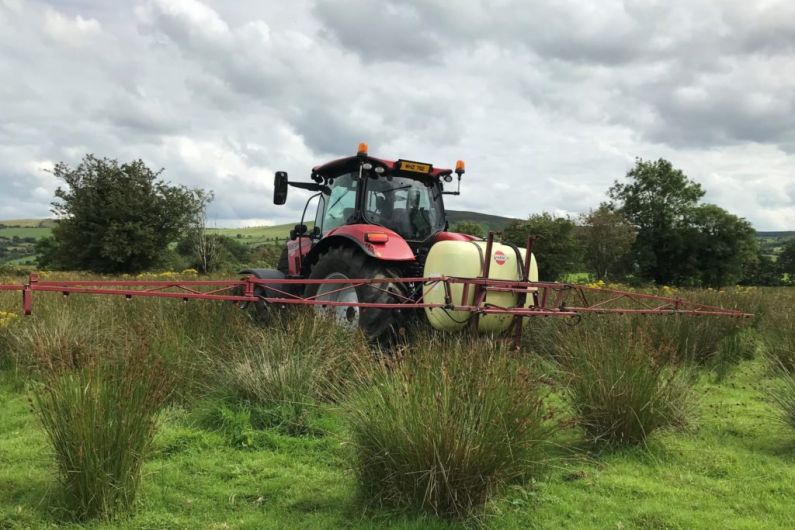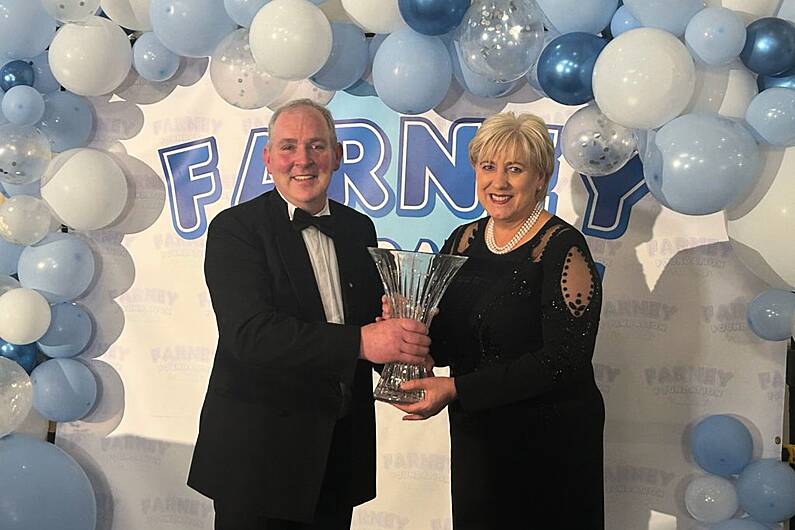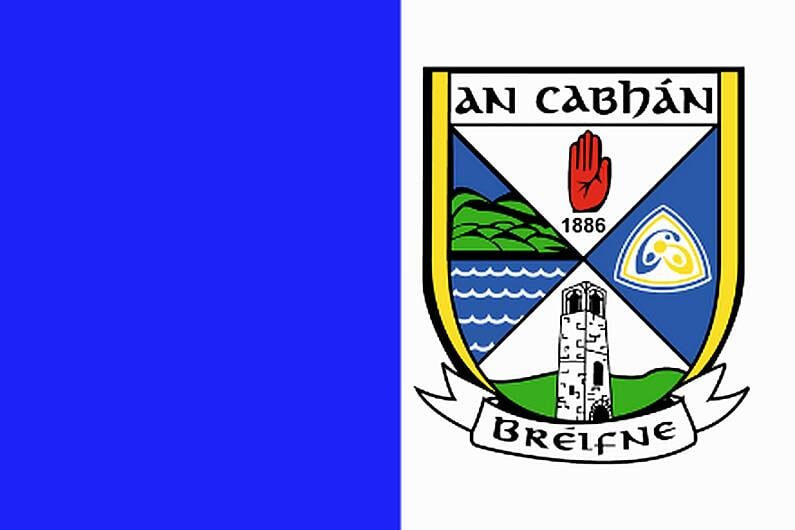Uisce Éireann is launching a pilot study in Cavan’s Erne-Larah Catchment to encourage farmers to consider the vulnerability of the water supplies to pesticide contamination and the importance of the Erne-Larah supply to the local homes and businesses in the community.
As part of the pilot study, farmers and the wider community in Cavan’s Erne-Larah Catchment are invited to attend an information evening on Monday, 6 March from 3pm – 8pm in Stradone Community Centre, Co Cavan where they can find out more about the project.
During the information evening farmers will be able to sign up to the pilot project, where the Project Team will work with them to reduce the risk of water pollution on their farms and identify and implement practical measures that can be taken to improve water quality. This is at no cost to the farmer. Measures may include Rush/Dock Management Plans, information on new pesticide storage measures, spill kits and drip trays and liming.
This pilot study aims to assist Uisce Éireann with capturing new data and learnings on how different protection measures can improve water quality. The pilot study will also enable the Project Team to understand protective measures that can then be considered for future projects across Ireland.
Outlining the benefits, Uisce Éireann’s Environmental Strategy Lead, Claire Coleman said the launch of this pilot study in Cavan is another step in improving water quality and protecting biodiversity in the Erne-Larah Catchment.
“Uisce Éireann routinely monitor pesticide levels in drinking water samples to makes sure that standards are met. Through monitoring public water supplies, some samples have been identified as having pesticide concentrations that are above our drinking water standards.
“According to World Health Organisation (WHO), these levels of pesticide concentration are not a concern for public health. However, conventional water treatment processes are not designed to remove pesticides from source water. That's why it's important to understand how pesticide use in water catchments can affect our water quality. This way, we target the issue of contamination at its source.
Claire added: “Minimising pesticide use not only helps to protect water quality but also has wider environmental benefits. For example, leaving areas unsprayed can help native flowering plant species to grow and support a range of insects including bees and other vital pollinators.
“We are delighted to be launching this pilot programme in Cavan and we look forward to meeting with the local community so they can find more about this pilot project, the package of free measures available, and to meet the project team”.





